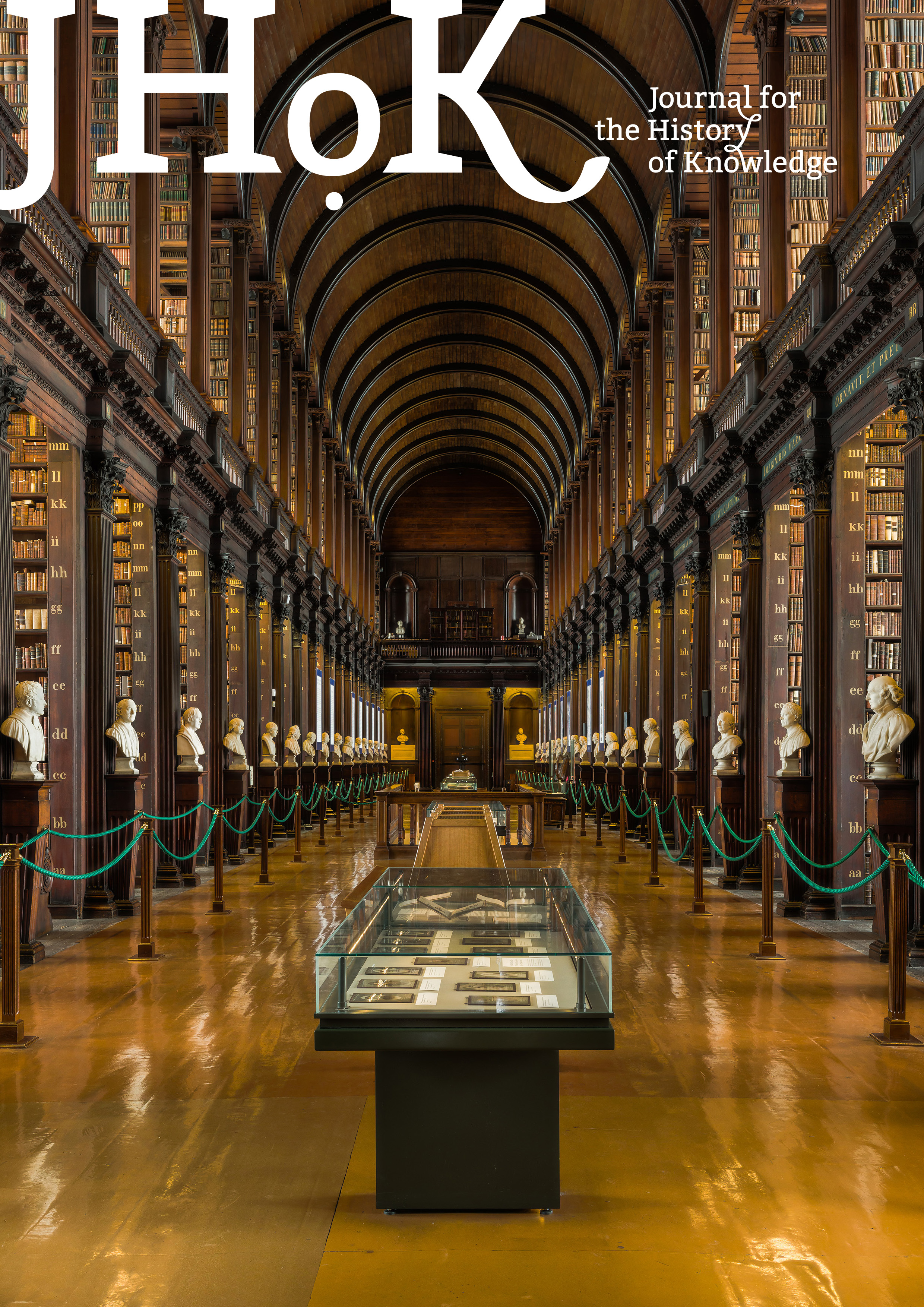Shells and Order: Questionnaires on Indigenous Law in German New Guinea
DOI:
https://doi.org/10.5334/jhk.21Keywords:
German New Guinea, shell money, indigenous law, bureaucracy, colonial statistics, history of quantificationAbstract
This article examines the short-lived colony of German New Guinea (1884–1914) to reflect on divergent frames of bureaucratic and academic knowledge production. Scholars of law at German universities from this period showed an avid interest in the legal customs of people presumed to be colonized, while readily admitting that bureaucrats knew more about this important emerging field and knew it first. In order to understand the unfolding dynamic of a crucial component of colonial rule, this article examines indigenous law as an entangled epistemic object. It traces specific formats of Western writing about indigenous law through different settings, ranging from questions asked in the field to debates in parliament. The argument is based on two main types of quantified, data-based, and standardized material: (1) a statistical survey on indigenous law, and (2) the shell money diwara, which was used to levy fines and punishments. The article shows how both the standardized rules and the medium of exchange were crucial to enforcing order. It demonstrates that liberal colonial politics from 1907 onwards had to be based on existing systems of license and valuation. Knowledge of local customs and institutions was indispensable to govern by means of forces already at play in German New Guinea. Slowly, the German bureaucracy translated these local customs into its own metrics. This article is a contribution to the history of bureaucratic knowledge, drawing on the history of law, colonial statistics, and the political epistemology of quantification.



